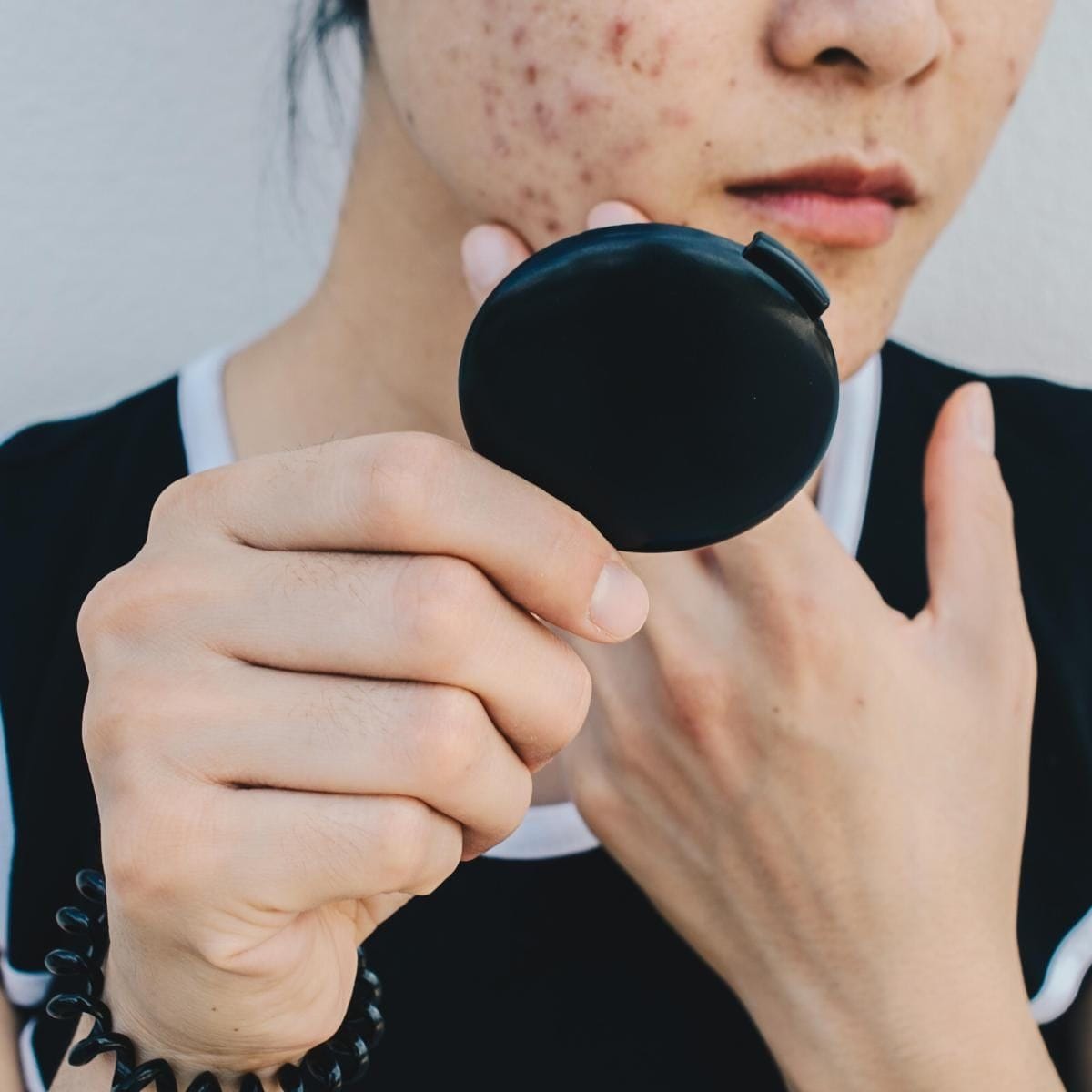The skin is an incredible organ that protects the body’s internal structures and acts as its primary defense against external threats such as bacteria and viruses. The skin is constantly exposed to the environment, making it susceptible to damage and infections. Hypochlorous acid (HOCl), naturally produced by the body’s immune system, plays a vital role in maintaining skin health. Can you find it in skincare products? The short answer is yes!
Can hypochlorous acid fight acne-causing bacteria?
One of the main advantages of HOCl is its ability to fight bacteria that can block pores and cause acne. When pores get clogged with oil, dead skin cells, and bacteria, acne results. HOCl’s antimicrobial properties effectively decrease these bacteria, which helps prevent and treat acne. Unlike harsh chemicals, HOCl achieves this without causing dryness or irritation, making it suitable for sensitive skin.
Can hypochlorous acid accelerate wound healing?
Hypochlorous acid also plays a crucial role in speeding up wound healing and repairing skin damage. It promotes tissue regeneration, reducing the risk of infection in cuts, scrapes, and other skin injuries. This makes it an excellent addition to first aid kits and daily skincare routines for maintaining skin health and resilience.
Can hypochlorous acid combat inflammation and skin conditions?
Inflammation is common in various skin conditions, such as eczema and psoriasis. HOCl helps to reduce inflammation and alleviate symptoms associated with these conditions. Its gentle nature ensures that it does not exacerbate the skin’s sensitivity or cause additional irritation, which is often a concern with other treatments.
Is hypochlorous acid non-toxic and mild?
A standout feature of HOCl is its non-toxic and mild nature. This gentleness stems from its natural presence in the human immune system. Dermatologist Dr. Shilpi Khetarpal from the Cleveland Clinic emphasizes that HOCl is “great for sensitive skin,” notes Khetarpal, MD.l. “It’s not going to give you the dryness, burning or irritation of other products [such as alcohol].”
Can we find hypochlorous acid on skincare?
HOCl is available in different forms, such as sprays, creams, and serums, making it simple to include in your daily skincare routine. Sprays are particularly popular for their convenience and effectiveness in treating facial acne and eczema. These products can be used as a quick, on-the-go solution to maintain skin cleanliness and health.
While HOCl provides numerous benefits, it should not replace basic skin hygiene practices such as washing and exfoliating. Instead, it should be viewed as an additional line of defense, enhancing the overall effectiveness of your skincare routine.
,type=downsize)
